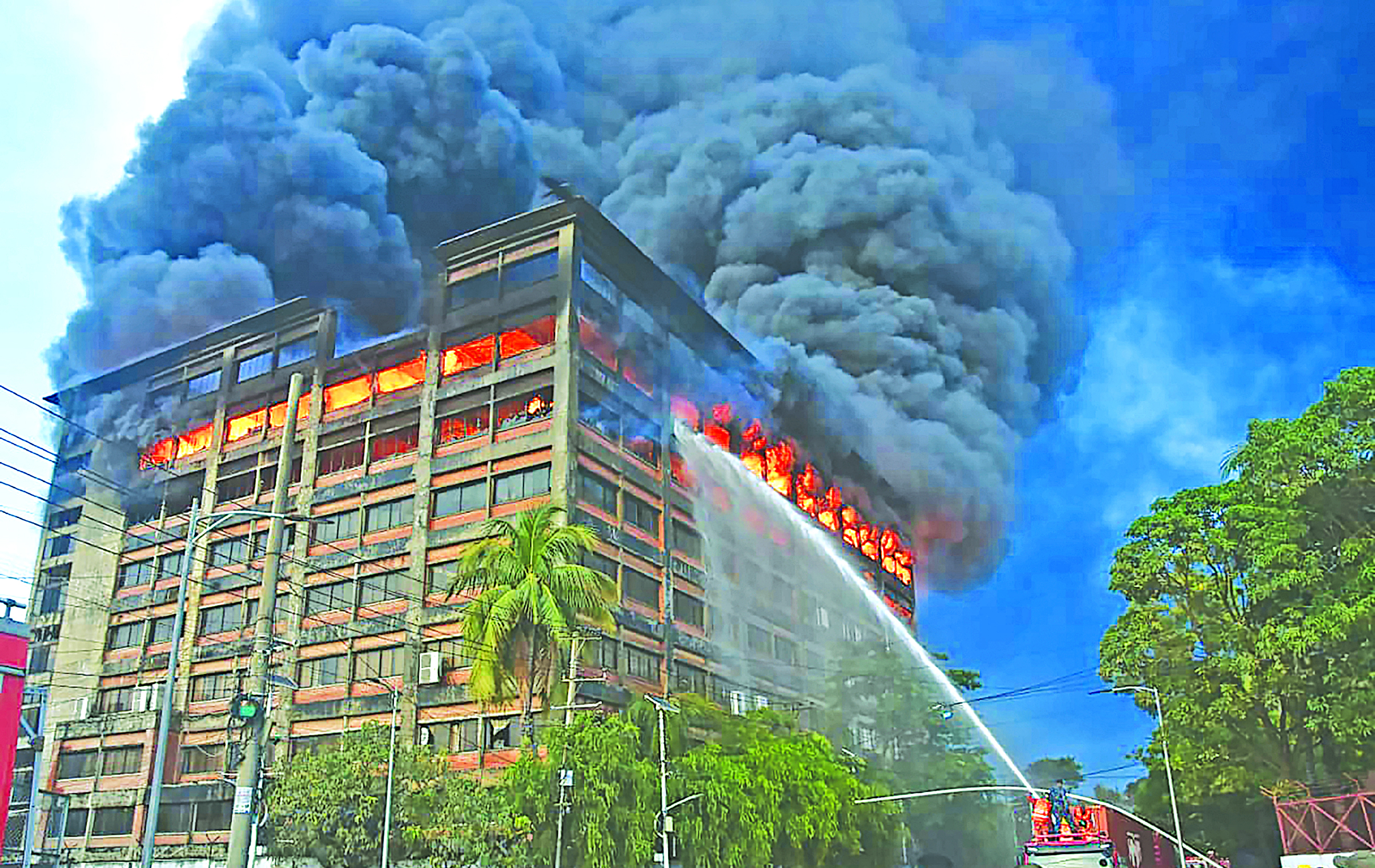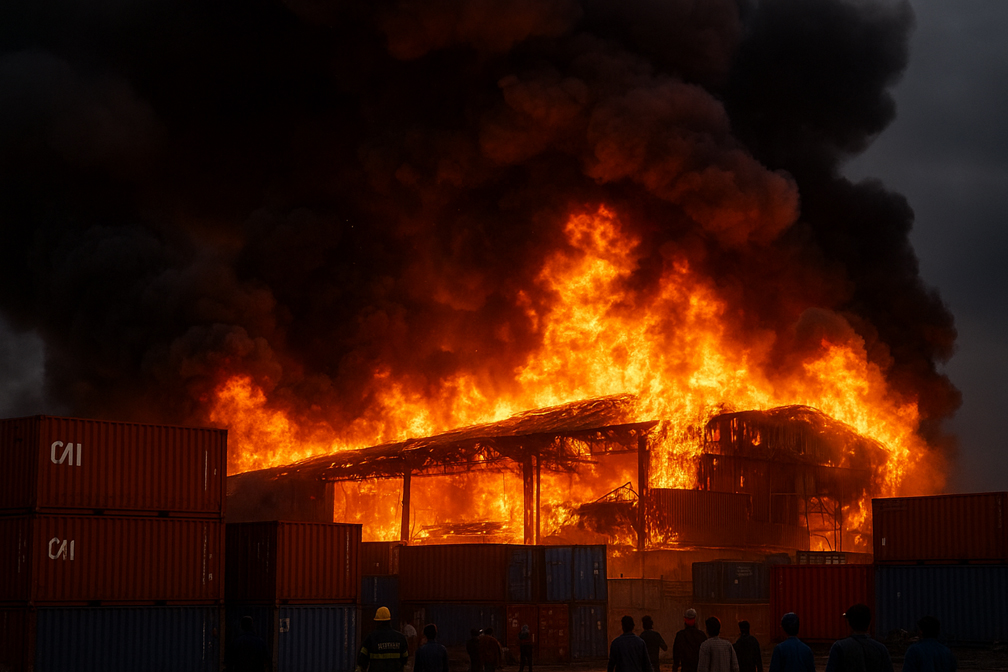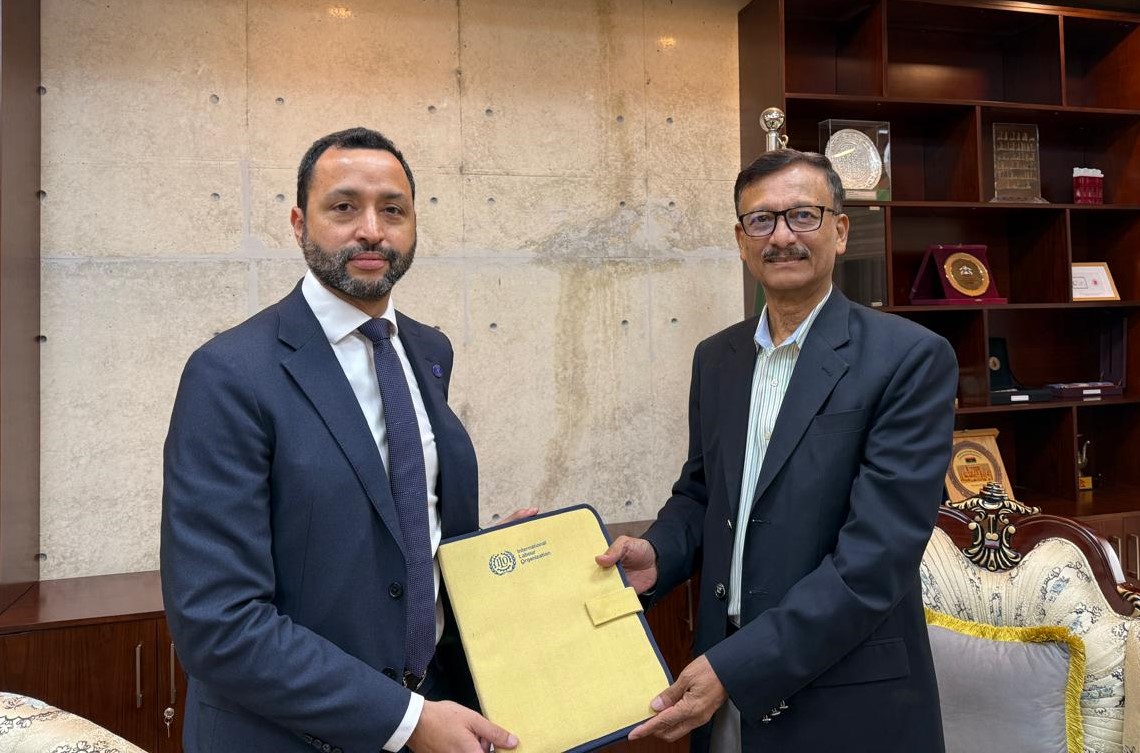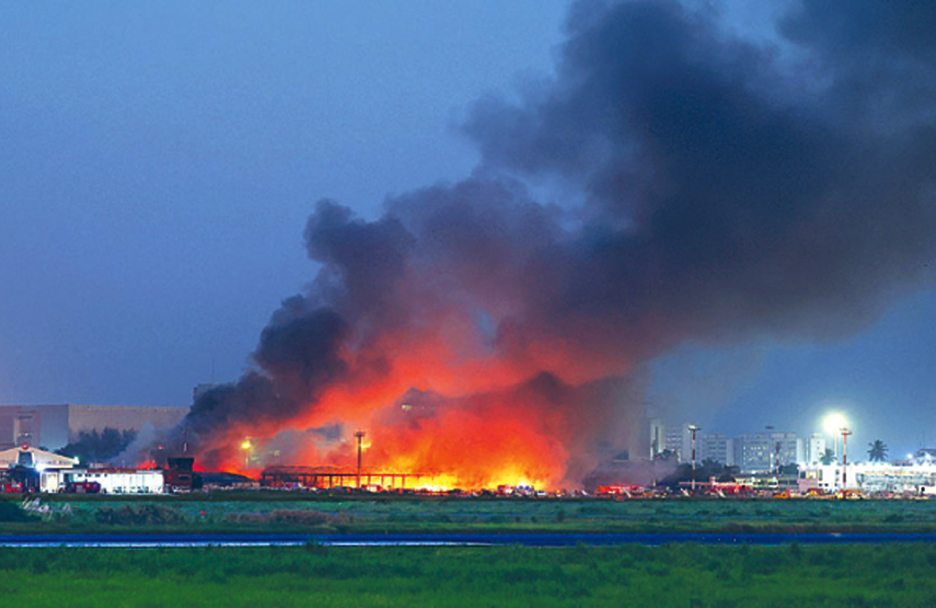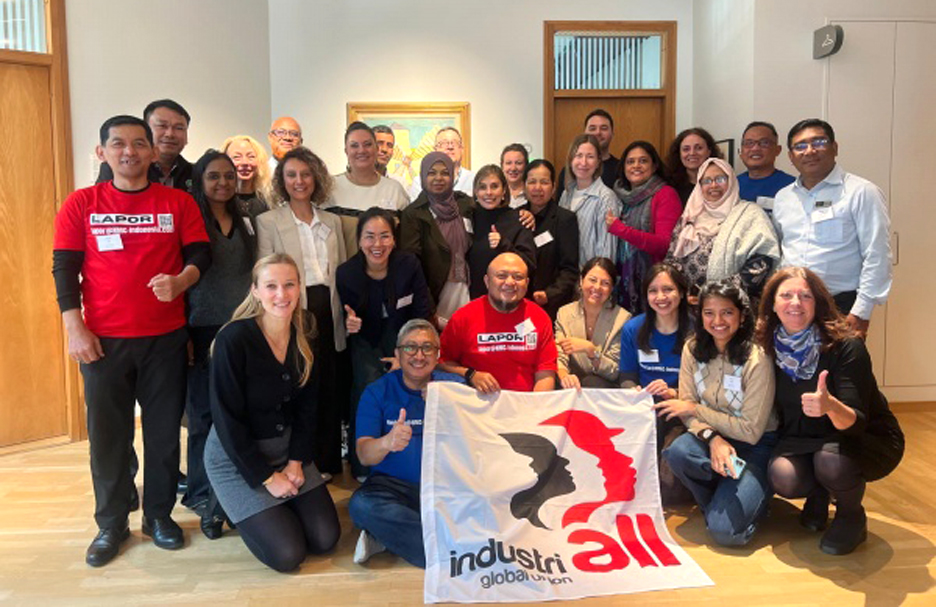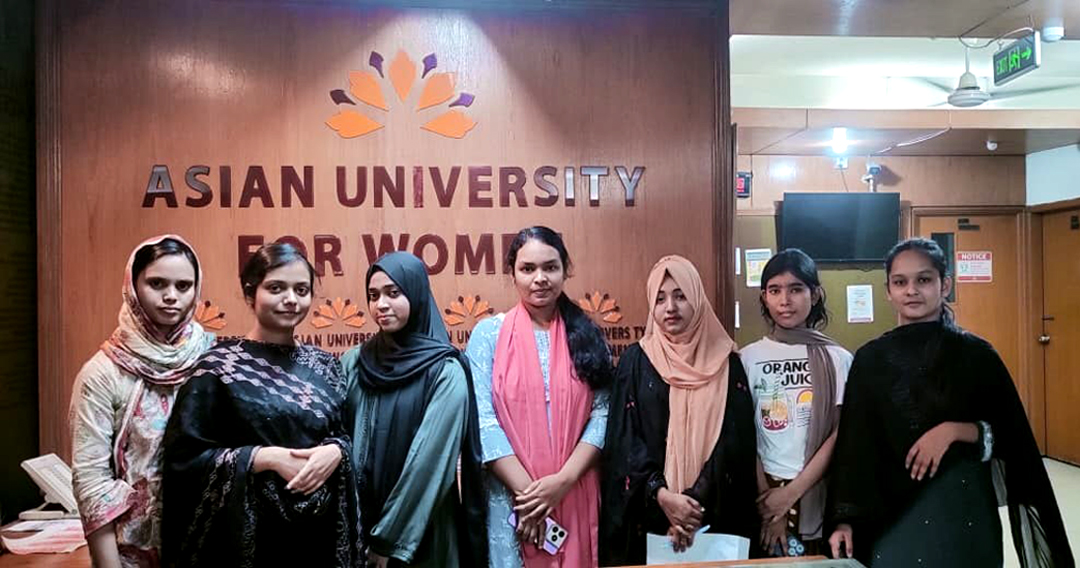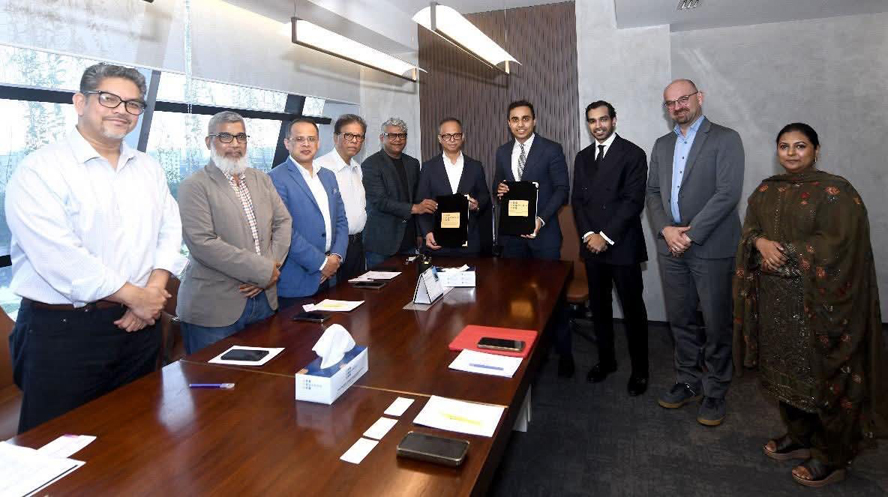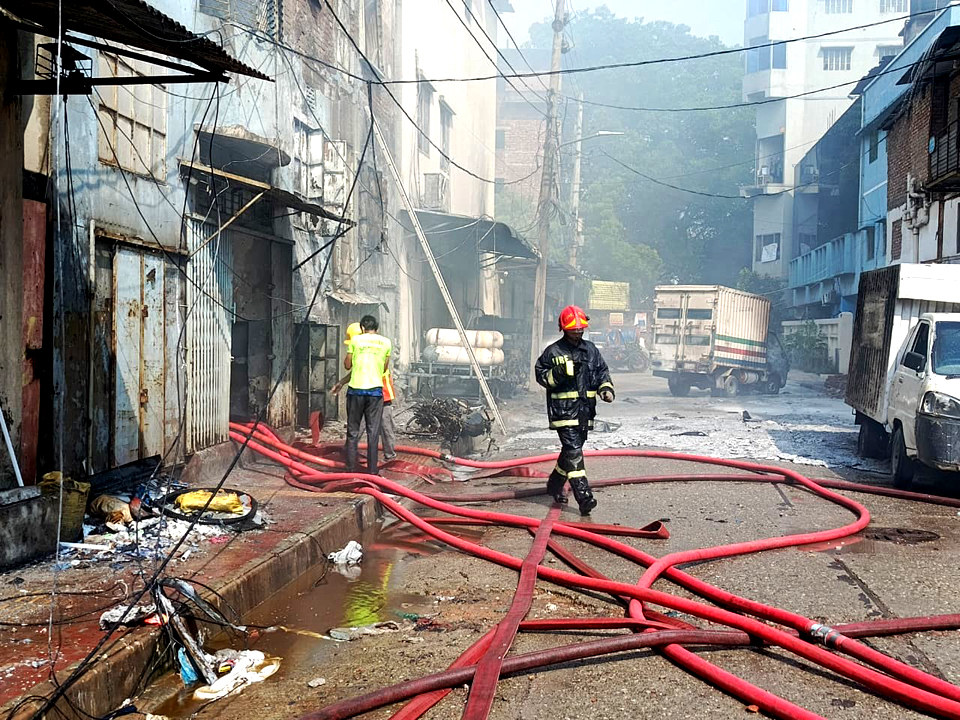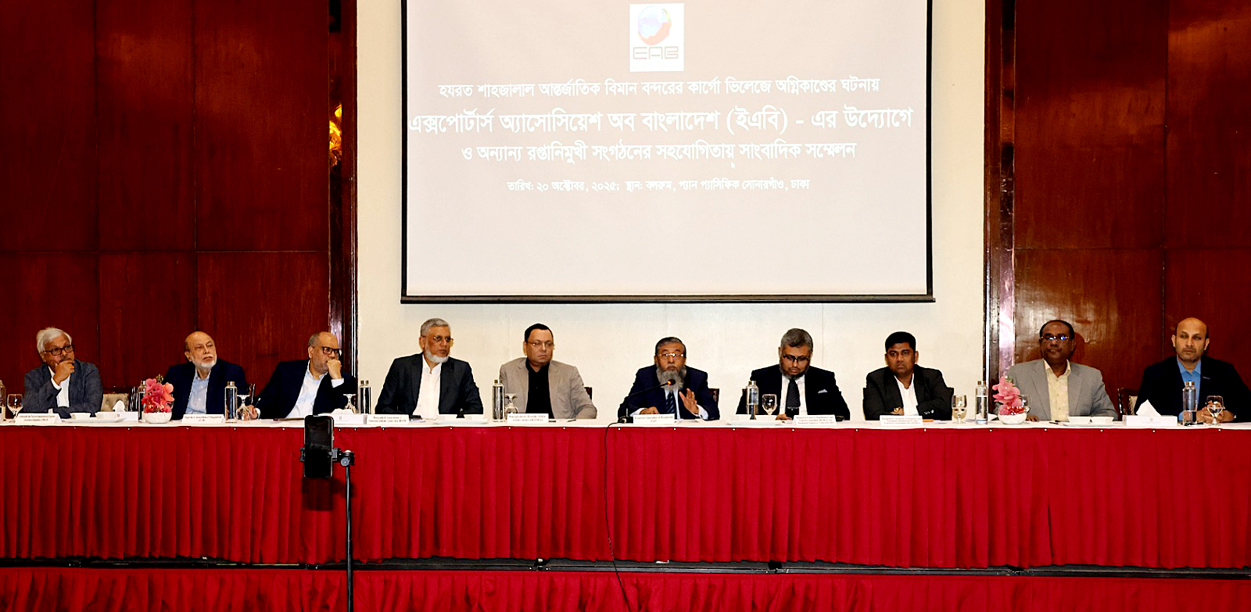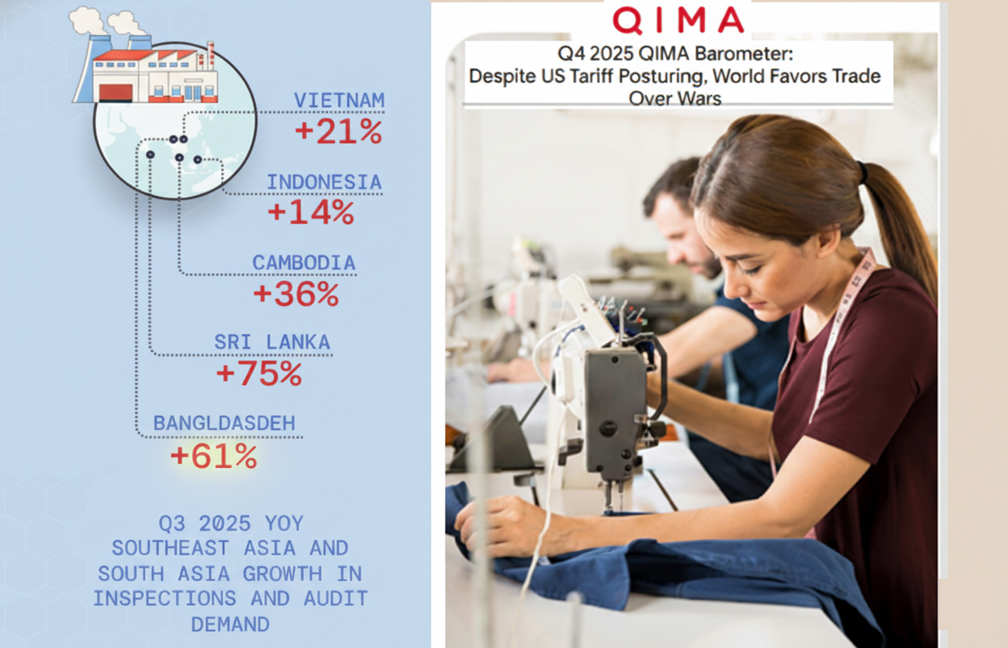Asia Floor Wage Alliance (AFWA) has called for a transparent public investigation into both the Mirpur and Chattogram factory fires, with full disclosure of factory ownership and the sourcing brands involved.
Expressing solidarity with the victims and their families, AFWA — a global coalition of labour and social organisations dedicated to achieving living wages and ending gender-based violence for garment workers in Asia — also emphasised the need for comprehensive compensation and rehabilitation for survivors and the victims’ families.
The alliance described the accidents as ‘not an isolated incident’ but part of a long-standing pattern of systemic neglect, in which profit is prioritised over safety and accountability is routinely ignored.
AFWA recommended strict enforcement of child labour, building safety, and fire safety laws, supported by binding safety mechanisms with trade unions at the centre.
In a statement, AFWA said, ‘The devastating factory fires in Mirpur (Dhaka) and Chattogram once again expose a system built on the exploitation and neglect of workers’ safety, prioritising profit over human lives in the garment sector.’
The fire incedent in Mirpur on October 14 claimed at least 16 lives, many of whom were children.
The blaze began in an unlicensed chemical warehouse and rapidly spread to the adjoining building, which housed three unregistered garment printing factories: Smart Design and Print, RN Fashion, and Bismillah Fashion.
Preliminary investigations revealed that toxic fumes from the chemical warehouse caused workers to lose consciousness within minutes, while the factory’s locked rooftop exit prevented any escape.
None of the factories had fire safety certification, and all were operating without registration or oversight.
The workers had no warning, no safety equipment, and no means of escape, the statement said.
‘Sixteen lives are gone — some of them children who should have been at school, not trapped inside factories that operate in violation of every law and standard,’ said Sultana Begum, President of the Green Bangla Garments Workers Federation and Co-Chair of AFWA Bangladesh.
She said that the factories were unregistered, subcontracted, and hidden from oversight, and called for accountability from factory owners, the government, and all who profit from this system of neglect.
‘What kind of progress allows children to burn for profit?’ Sultana asked.
Two days after the Mirpur fire, on October 16, another major fire broke out at Al Hamid Textile in the Chittagong Export Processing Zone (CEPZ).
While most workers escaped, the cause and extent of the damage remain under investigation. AFWA noted that a fire of such scale in a so-called ‘compliant’ zone exposes a crisis of oversight, enforcement, and accountability.
‘Whether in hidden subcontracting units or export zones governed by formal compliance systems, garment workers remain unprotected from preventable industrial disasters,’ it said.
AFWA said that the conditions allowing such tragedies persist due to a governance and accountability crisis in global garment supply chains, and that trade unions are essential to ensuring workers’ safety.
The statement emphasised that the only acceptable change is one grounded in binding, enforceable agreements with trade unions at the centre.
It said that brand-led audit compliance programmes and voluntary codes of conduct collapse when tested, while purchasing practices drive suppliers to cut costs and subcontract to unregistered, unsafe factories.
AFWA concluded that this was not a failure of oversight, but the direct result of a system designed to protect profits rather than people.


